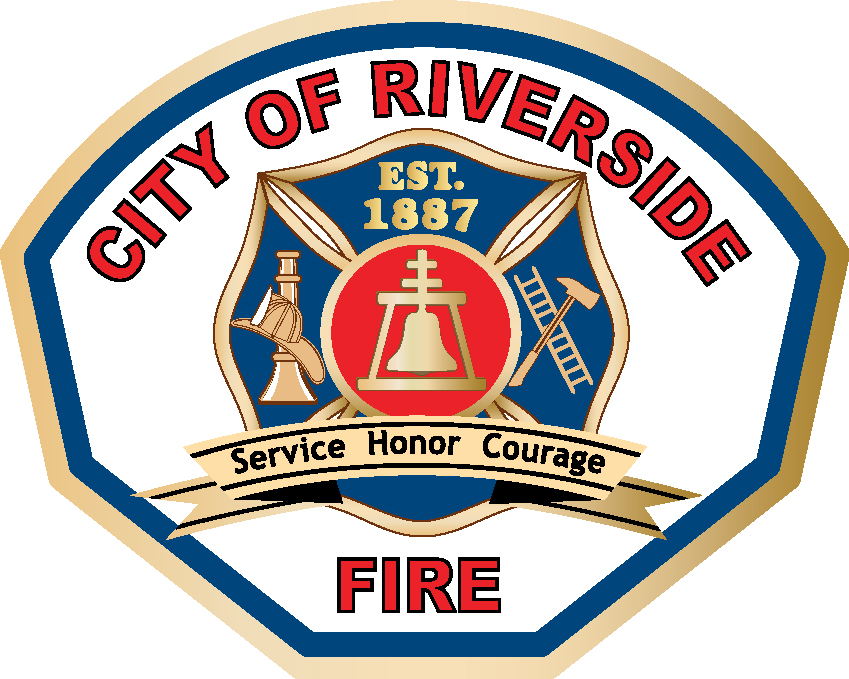Up to 200 people die each year in the US alone from heat and sun exposure.
Heat can kill by pushing the human body beyond its limits. Under normal conditions, the body's internal thermostat produces perspiration that evaporates and cools the body. However, in excessive heat and high humidity, evaporation is slowed and the body must work extra hard to maintain a normal temperature.
The effects of heat can quickly overcome the healthiest people, especially if they perform strenuous work during the warmest parts of the day. Symptoms of dehydration and heat illness may not be easily recognized.
Elderly people, the disabled, young children, those who are sick, live alone or are overweight are more likely to become victims of excessive heat.
The best ways to be protected from the ill effects of excessive heat are to:
- Dress appropriately (lightweight, light-colored clothing, that covers as much of your skin as possible as well as a well-ventilated hat with a wide brim)
- Stay indoors, in the shade or in cool places as much as possible, (if your home does not have air conditioning, choose a cool place to visit or stay during the hottest part of the day. Schools, libraries, theaters, other community facilities, and shopping malls can often provide an air-conditioned refuge,
- Refrain from strenuous work or exercise during the hottest part of the day, and
- Stay hydrated - drink even before you feel thirsty. The human body needs water to keep cool, which is the safest liquid during excessive heat. Drinks with alcohol or caffeine should be avoided, since they worsen the heat's effects on a body.
Never leave children or pets alone in a vehicle for even a brief moment. Temperatures inside a closed vehicle can reach more than 140°F within minutes. Exposure to such high temperatures can quickly kill a person or pet. Even on days that feel pleasantly warm outside, temperatures in a parked vehicle can raise high enough to kill. Leaving a window open will not necessarily abate the danger.
Those under medical care or taking medication should speak with their physician about their particular vulnerability.
In the City of Riverside, certain facilities are designated cool centers for people to take refuge from the heat.
Implement a "buddy system", that ensures regular checks on elderly, disabled or at-risk populations.
Pets, horses, and livestock are also susceptible to difficulties from hot weather. Animals do not perspire and rely on panting, wetting down, shade, cool earth, and drinking water for cooling. Animals cannot explain their needs, so it is up to people to ensures that their needs are met, especially during periods of extreme or prolonged heat.
Heat Index and Health Effects
High humidity in combination with abnormally high temperatures reduces the body's ability to cool itself. The heat index is a measure of the contribution humidity makes. As the heat index rises, so do health risks. When the heat index is 90°-105°F, heat exhaustion is possible. When it is above 105°F, it is probable. Heatstroke is possible when the heat index is above 105°F, and very likely when it is 130°F and above. Physical activity and prolonged exposure to the heat increase the risks.
Heat exhaustion occurs when the body is dehydrated. Symptoms: headache, nausea, dizziness, cool and clammy skin, pale face, cramps, weakness, profuse perspiration. First aid:
- Move to a cooler spot,
- Drink water - Heat exhaustion can lead to collapse and heatstroke.
Heatstroke occurs when perspiration cannot occur and the body overheats. Symptoms: headache, nausea, face flushed, hot and dry skin, no perspiration, body temperature over 101°F, chills, rapid pulse. First aid:
- Cool person immediately (i.e., move to shade or indoors, wrap in a cool, wet sheet),
- Immediately call 911 or get medical assistance
Heatstroke can lead to confusion, coma, and death.

